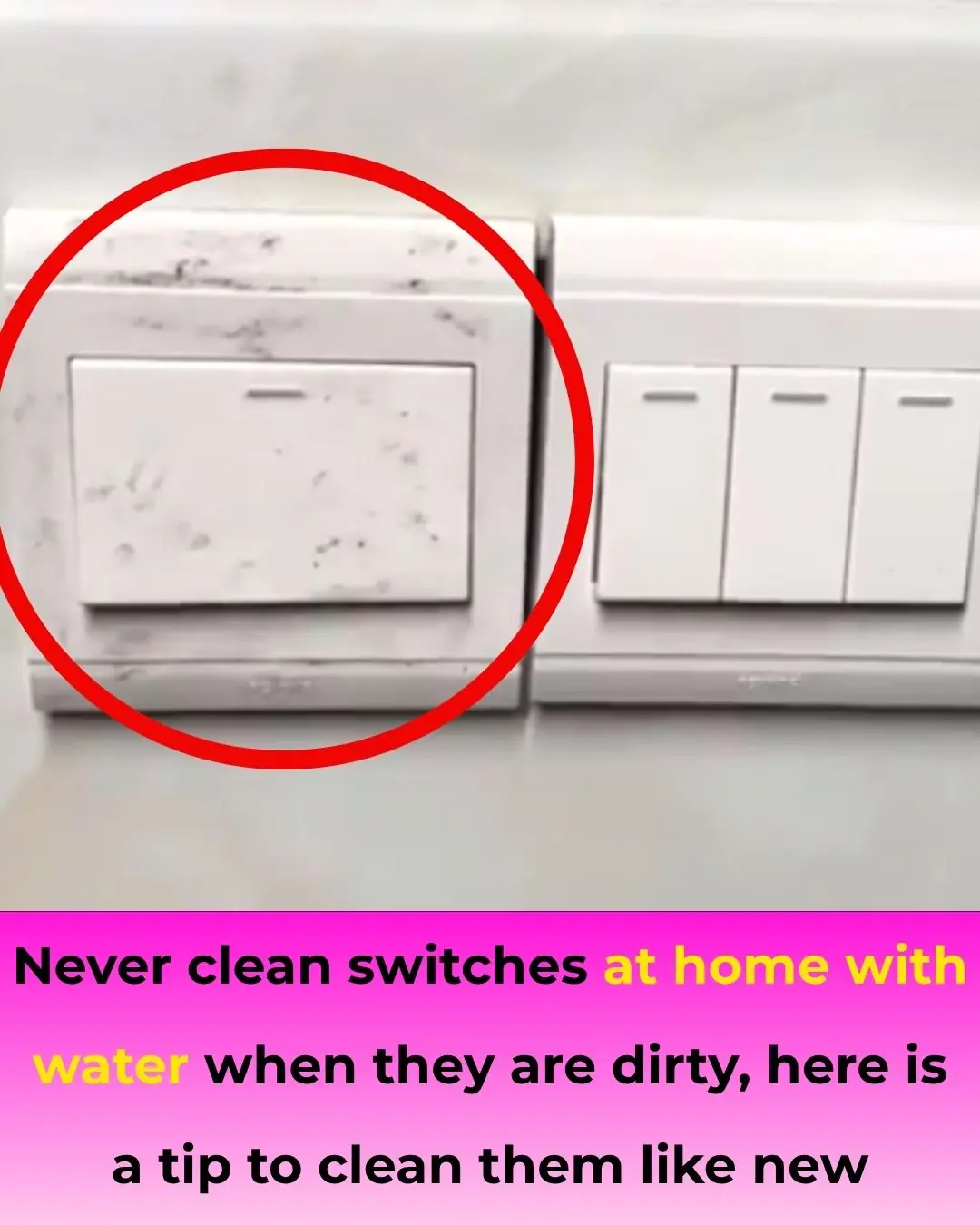
You’re doing it all wrong. Here’s the right way to unclog your drain
Clogged drains are a common household nuisance that can quickly escalate into a costly plumbing disaster if not addressed properly. While the temptation to pour a bottle of commercial drain cleaner down the sink might be strong, this quick fix often causes more harm than good. Understanding the proper way to tackle and prevent drain clogs can save you time, money, and frustration in the long run, while also preserving the lifespan of your plumbing system.
In this article, we’ll debunk common myths, explain why some popular solutions can be harmful, and provide practical, effective strategies for unclogging your drains safely. From understanding the nuances of your plumbing to selecting the right tools and techniques, we’ll guide you step by step to ensure your drains remain clear and free-flowing. Say goodbye to ineffective methods and potential pipe damage, and hello to hassle-free drainage.
1. Understanding the Importance of Proper Drain Maintenance
Regular drain maintenance is crucial for preventing clogs and ensuring the longevity of your plumbing system. Most blockages result from the gradual buildup of debris, including hair, soap scum, grease, and food particles. Left unchecked, these materials can accumulate and restrict water flow, eventually causing complete clogs.
Implementing a routine maintenance schedule can drastically reduce the risk of these blockages. One effective approach is to run hot tap water down your drains for several minutes each week. This helps dissolve grease and soap residues before they harden. Installing a drain strainer is another simple yet powerful preventative measure, especially in kitchen sinks and shower drains. Strainers catch large particles, preventing them from entering the pipes and forming stubborn blockages.
Additionally, periodically removing and cleaning the strainer can prevent odors and slow drainage, keeping your system functioning optimally.
2. Common Mistakes People Make When Unclogging Drains
When faced with a clogged drain, many people instinctively reach for chemical drain cleaners. While these products may promise quick results, they are often harsh on your plumbing, particularly PVC pipes, which can corrode or weaken over time. Repeated use of these chemicals can lead to more severe and expensive plumbing issues.
Another common mistake is applying excessive force with a plunger or drain snake. While these tools are effective when used correctly, aggressive plunging or yanking on a snake can damage pipes or push clogs further down, making them harder to remove. Patience, technique, and the right tools are key to resolving clogs safely.
3. Why You Should Avoid Boiling Water on PVC Pipes
Boiling water is frequently suggested as a DIY remedy for clogs. However, if your plumbing includes PVC pipes, it’s important to exercise caution. PVC is designed to handle temperatures up to about 140°F (60°C). Pouring boiling water (212°F / 100°C) can soften, warp, or even crack the pipes.
Instead, use hot tap water, which typically measures around 120°F (49°C). This temperature is sufficient to break down grease and soap scum without jeopardizing the integrity of your plumbing.
4. The Right Way to Use Hot Tap Water for Stubborn Clogs
Hot tap water can be a surprisingly effective tool for loosening stubborn clogs. First, remove any standing water to ensure the hot water reaches the blockage directly. Allow the water to run for several minutes, giving the heat time to dissolve grease or soap deposits.
For tougher clogs, alternate between pouring hot water and using a plunger. This combination allows the heat to soften the blockage while the plunger creates suction to dislodge it. Repeating this process several times can often clear stubborn blockages without resorting to chemicals.
5. Enzyme Cleaners: A Safer Alternative to Vinegar and Baking Soda
While vinegar and baking soda are popular DIY remedies, enzyme-based cleaners are often more effective for organic clogs. These cleaners use natural bacteria to break down hair, grease, and food debris without harming your pipes or the environment.
To use, pour the recommended amount into your drain and allow it to work for several hours or overnight. Enzyme cleaners are particularly useful for slow drains or as a preventive measure. With regular use, they help maintain free-flowing drains and reduce the frequency of clogs.
6. How to Gently Plunge Your Drain Without Causing Damage
Plunging is a classic method for unclogging drains, but doing it incorrectly can damage your plumbing. Ensure a proper seal over the drain, and if working with a double sink, block the other drain with a wet cloth to maintain pressure.
Use gentle, steady motions to push the blockage through, avoiding excessive force. If the water begins to drain slowly, continue plunging for a few more minutes until the clog clears completely. Over time, this method proves highly effective for minor clogs.
7. The Risks of Using a Metal Snake Too Early
A metal drain snake (or auger) can tackle tough clogs, but using it prematurely can be counterproductive. Grease or soap buildup may only be punctured rather than removed, leading to recurring clogs.
Metal snakes can also scratch or weaken plastic pipes, potentially causing leaks. Reserve this tool for stubborn clogs that cannot be cleared with hot water, enzyme cleaners, or plunging. For added safety, plastic or rubber snakes can minimize pipe damage while still clearing blockages.
8. Recognizing the Signs of a Slow Drain Early
A slow drain is often the first indication of a developing clog. Water that drains slowly, gurgling sounds, unpleasant odors, or pooling around the sink should be addressed promptly. Ignoring these early signs can result in full blockages, which are more difficult and costly to fix.
Taking proactive steps—such as running hot water, using enzyme cleaners, and checking strainers regularly—can prevent minor issues from escalating into major plumbing problems.
9. The Benefits of Regular Drain Maintenance
Routine maintenance extends the life of your plumbing system and reduces the likelihood of costly repairs. Regularly cleaning drains with hot water and enzyme-based cleaners prevents buildup and keeps water flowing smoothly.
Additionally, being mindful of what goes down your drains is essential. Avoid pouring grease, coffee grounds, fibrous foods, or other debris down the sink, and use hair traps in showers and bathtubs. Over time, these small practices can significantly reduce clogs and help maintain a healthier plumbing system.
10. Viral Hacks That Actually Work
While the internet is full of viral drain-clearing hacks, not all are safe or effective. Some, however, are simple and useful. For instance, a mixture of salt and hot water can break down grease and soap scum. Pour half a cup of salt down the drain, follow with hot water, and let it sit for 10–15 minutes before rinsing with additional hot water. This low-cost solution works well for minor blockages without using harsh chemicals.
Other safe hacks include using a combination of baking soda and enzyme cleaners for routine maintenance or removing debris manually when accessible.
11. When to Call a Professional
While many clogs can be resolved at home, there are situations that require a professional plumber. Persistent clogs, multiple slow drains, foul odors, or leaks indicate a more serious plumbing issue.
Professional plumbers have the tools and expertise to diagnose and resolve complex drain problems safely. They can inspect your entire system, identify potential weak points, and ensure your drains remain clear and functional for years to come. Investing in professional help early can prevent costly repairs down the road.
By following these tips and using the right combination of maintenance and safe unclogging methods, you can keep your drains running smoothly, prevent major plumbing issues, and extend the life of your pipes. Clear drains don’t have to be a luxury—they can be a simple part of your home care routine with the right knowledge and approach.
News in the same category

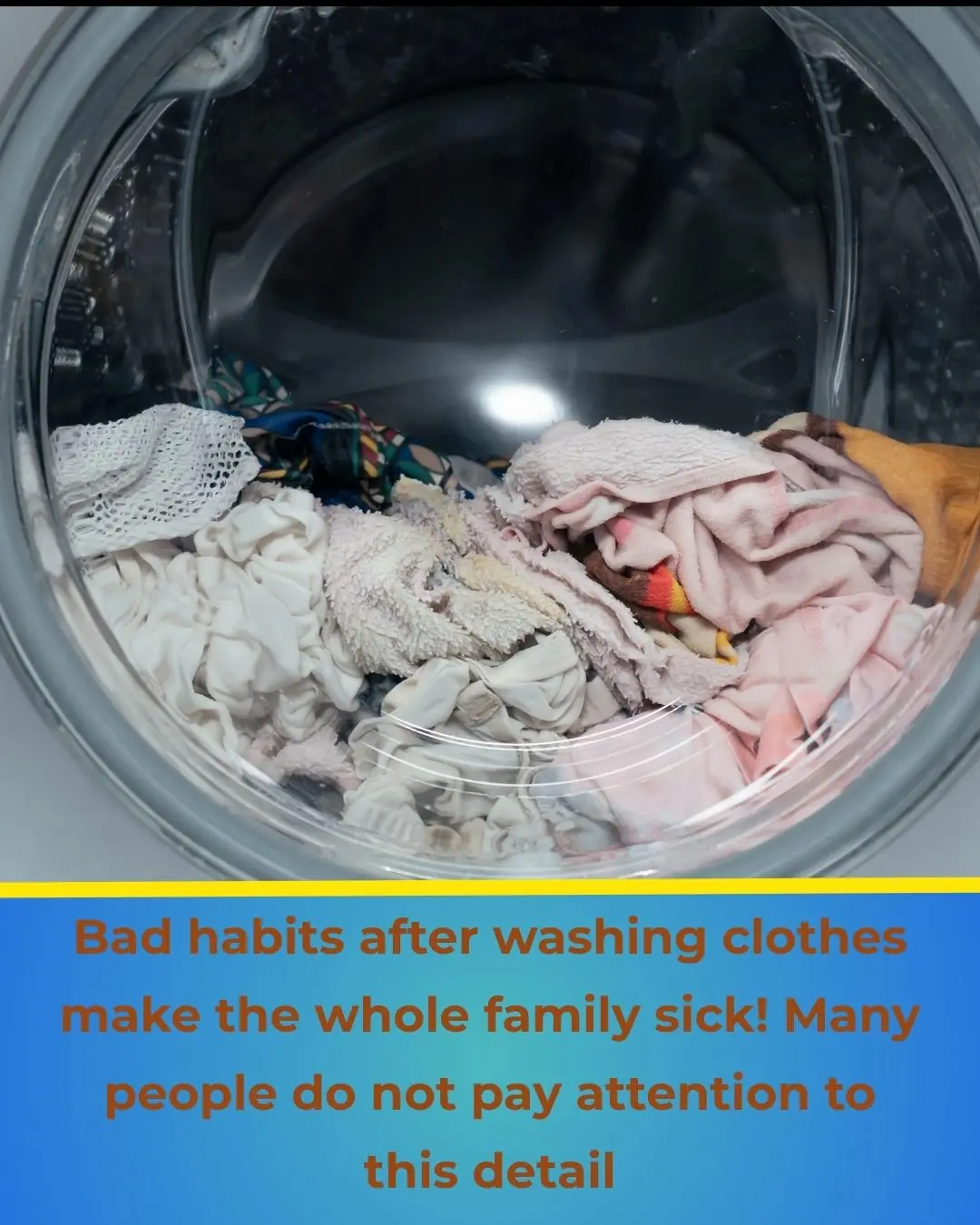
Bad Habits After Doing Laundry That Can Make Your Whole Family Sick! Many People Overlook This Detail
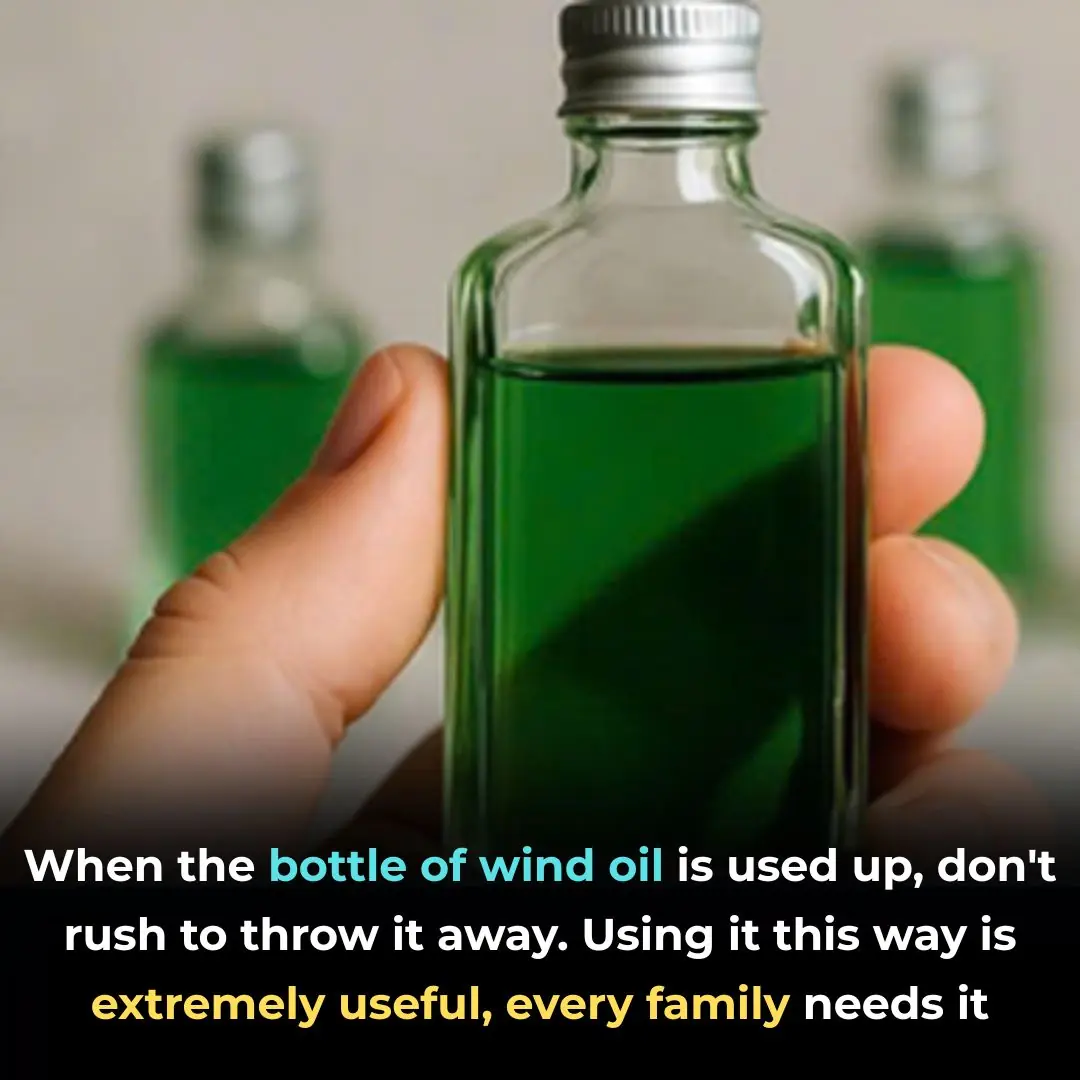
Don’t Throw Away Your Used Balm Jar – Here’s a Super Useful Way to Reuse It That Every Family Needs

A Small Button on Your Refrigerator Can Save You Millions on Electricity: Many People Don’t Know This
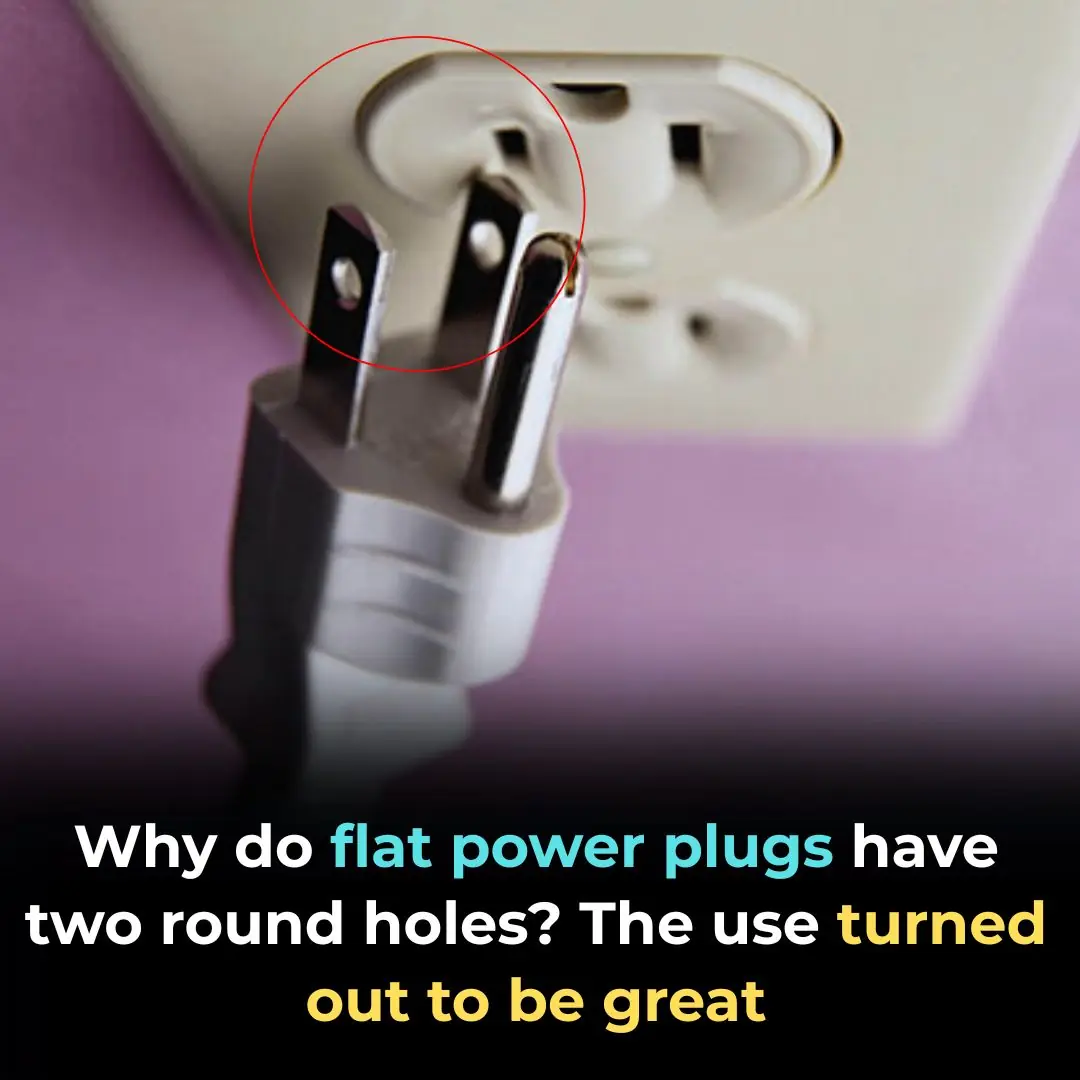
Why Do Flat Electrical Plugs Have Two Round Holes? The Hidden Purpose Is Brilliant

The Little Aluminum Ring on a Sausage Stick Has a Hidden Use — Few People Know Its Clever Purpose
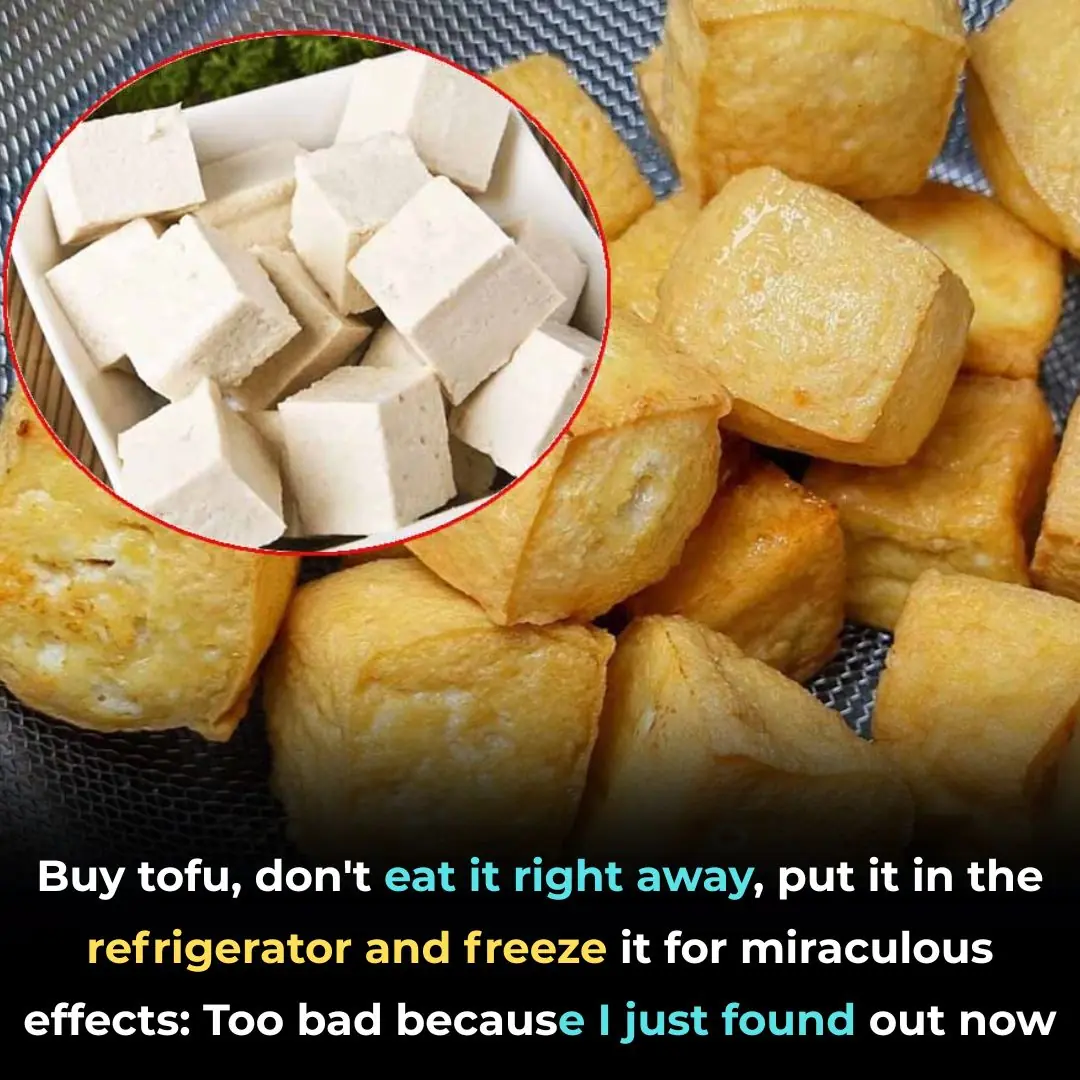
Don’t Eat Tofu Right After Buying It — Freeze It First for a Magical Effect: You’ll Wish You Knew This Sooner
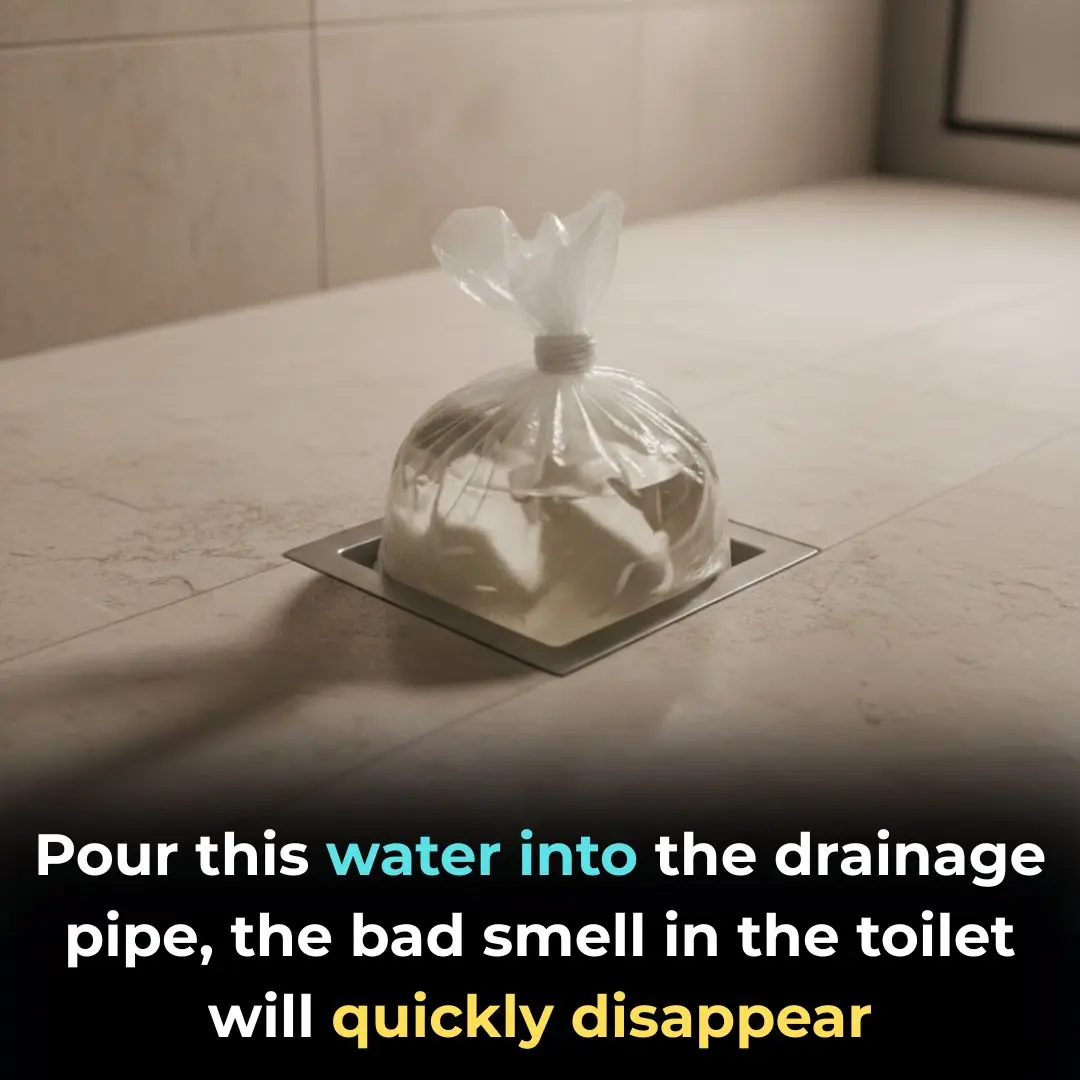
Pour This Liquid Into the Drain – The Unpleasant Odor in Your Bathroom Will Quickly Disappear
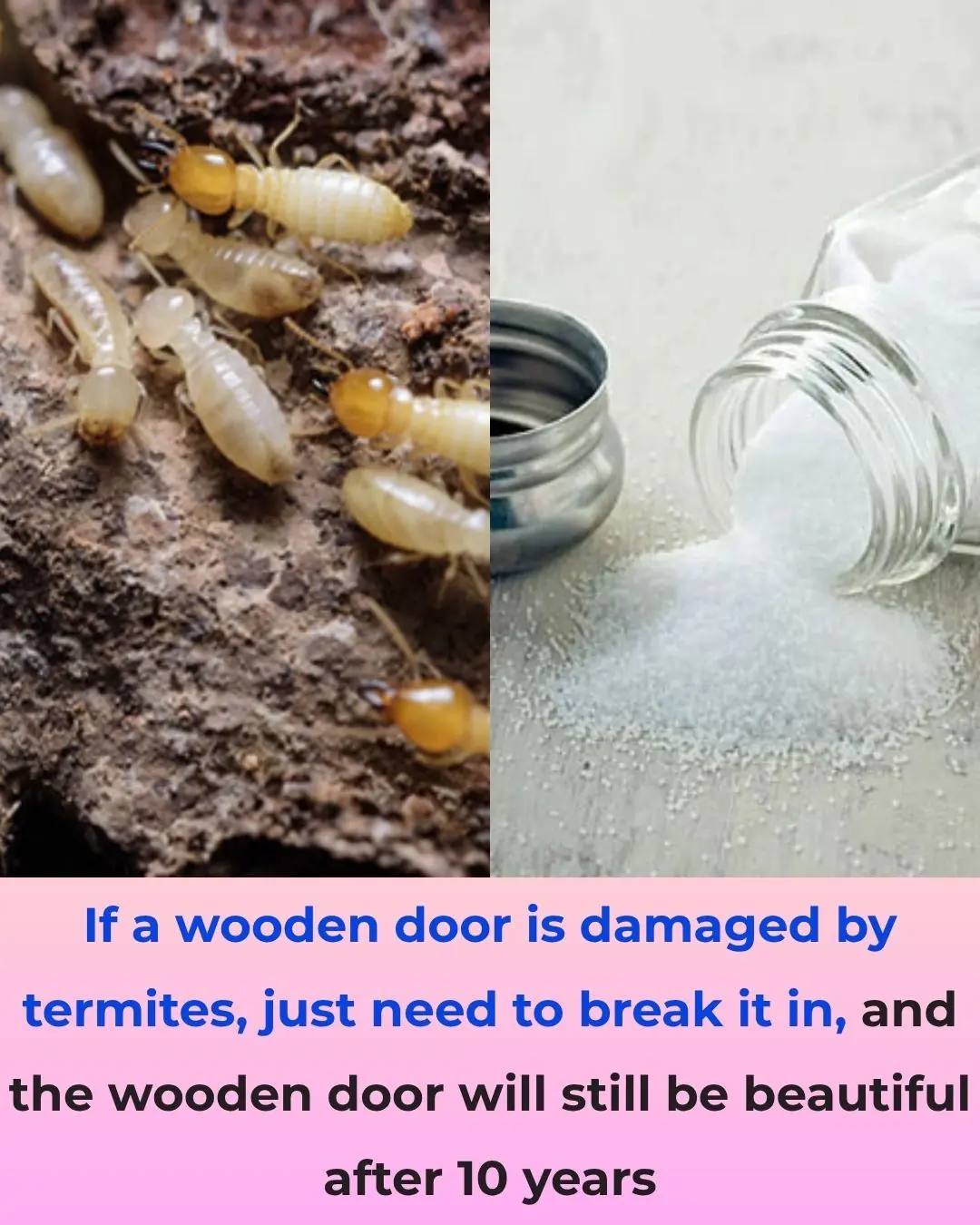
Get Rid of Termites in Wooden Doors Easily – Keep Your Wood Beautiful for 10 Years

What you see reveals your personality
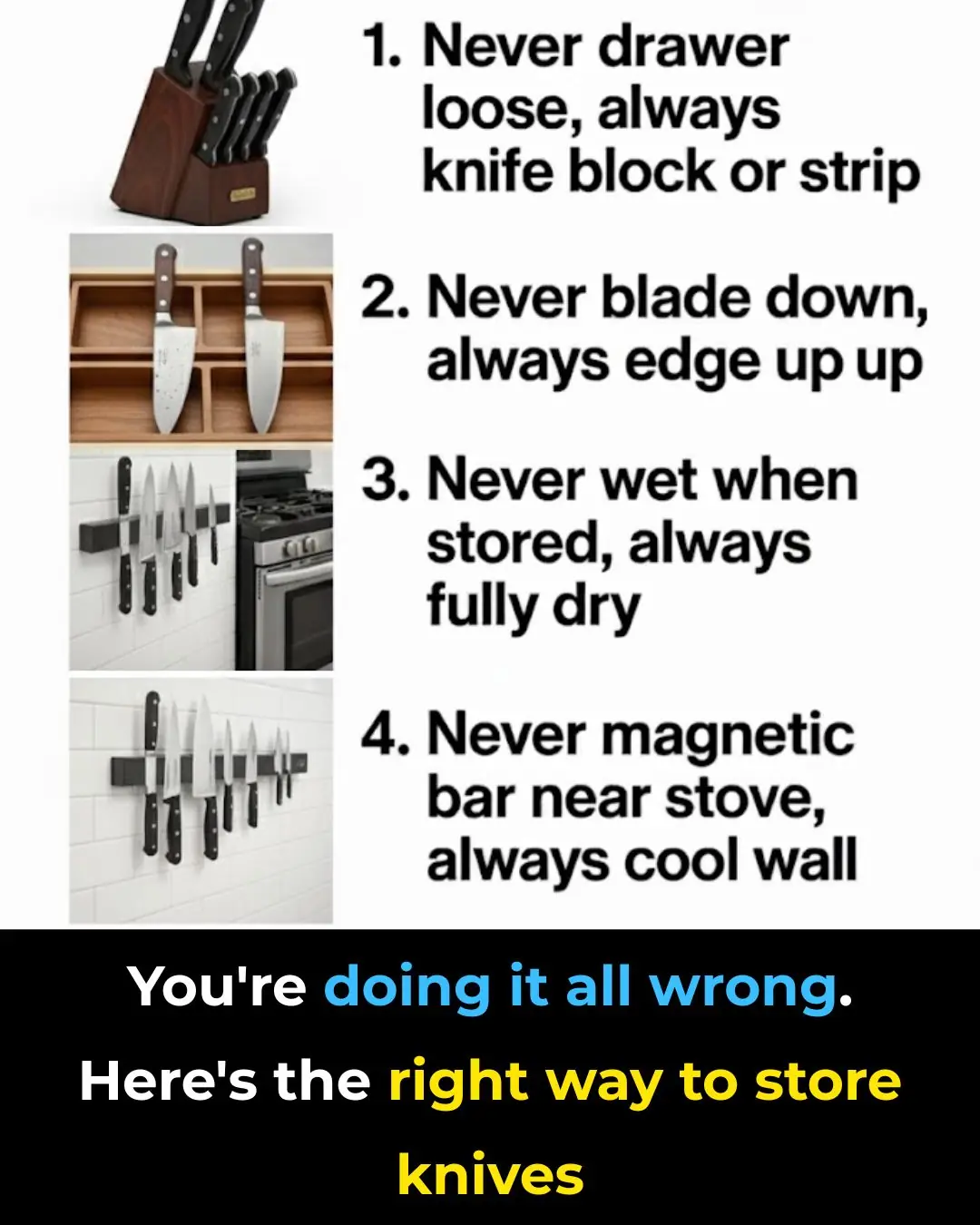
You’re doing it all wrong. Here’s the right way to store knives

10 cooking cleanup habits you’re doing wrong

Genius!

Need some assistance here
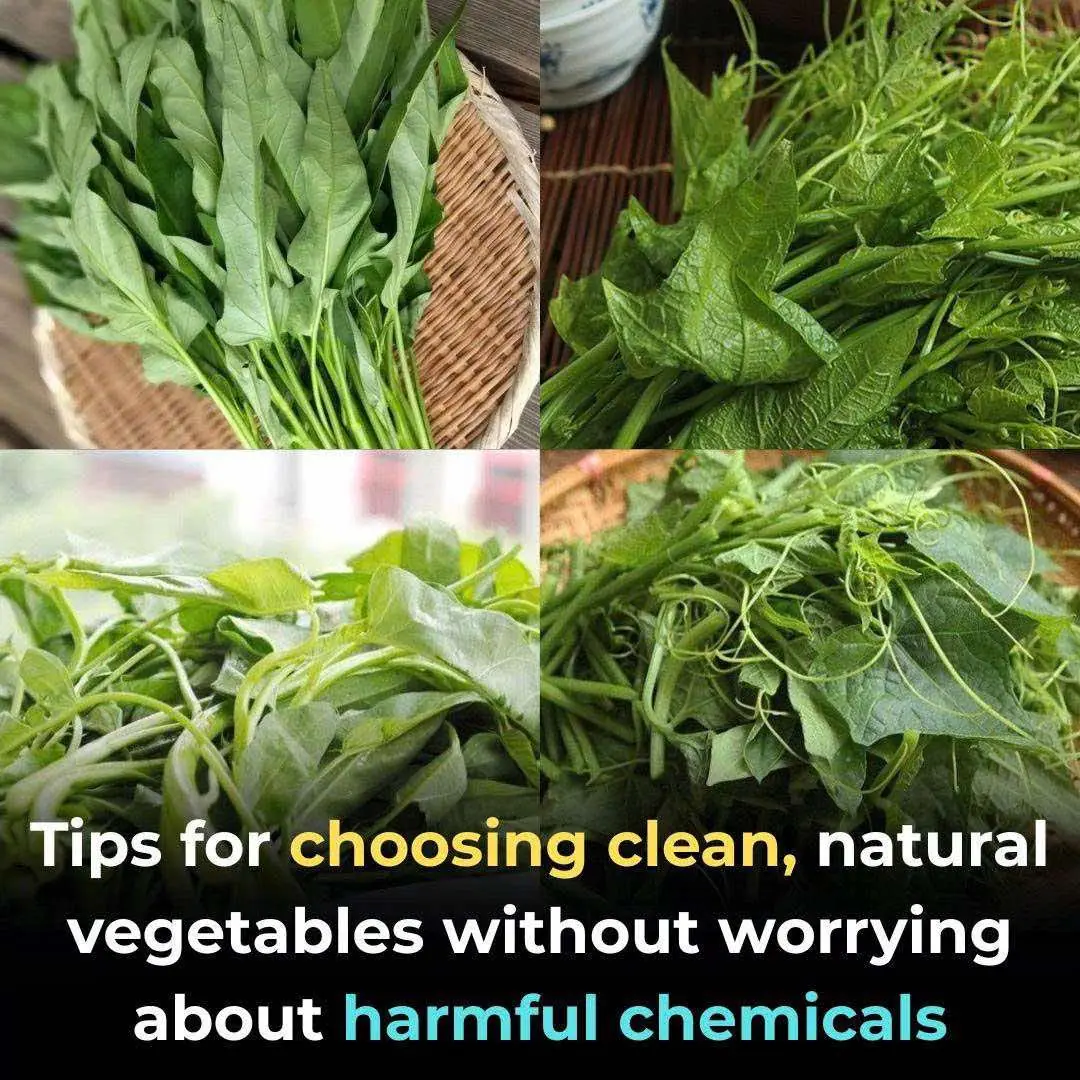
Tips for choosing clean, natural vegetables without worrying about harmful chemicals
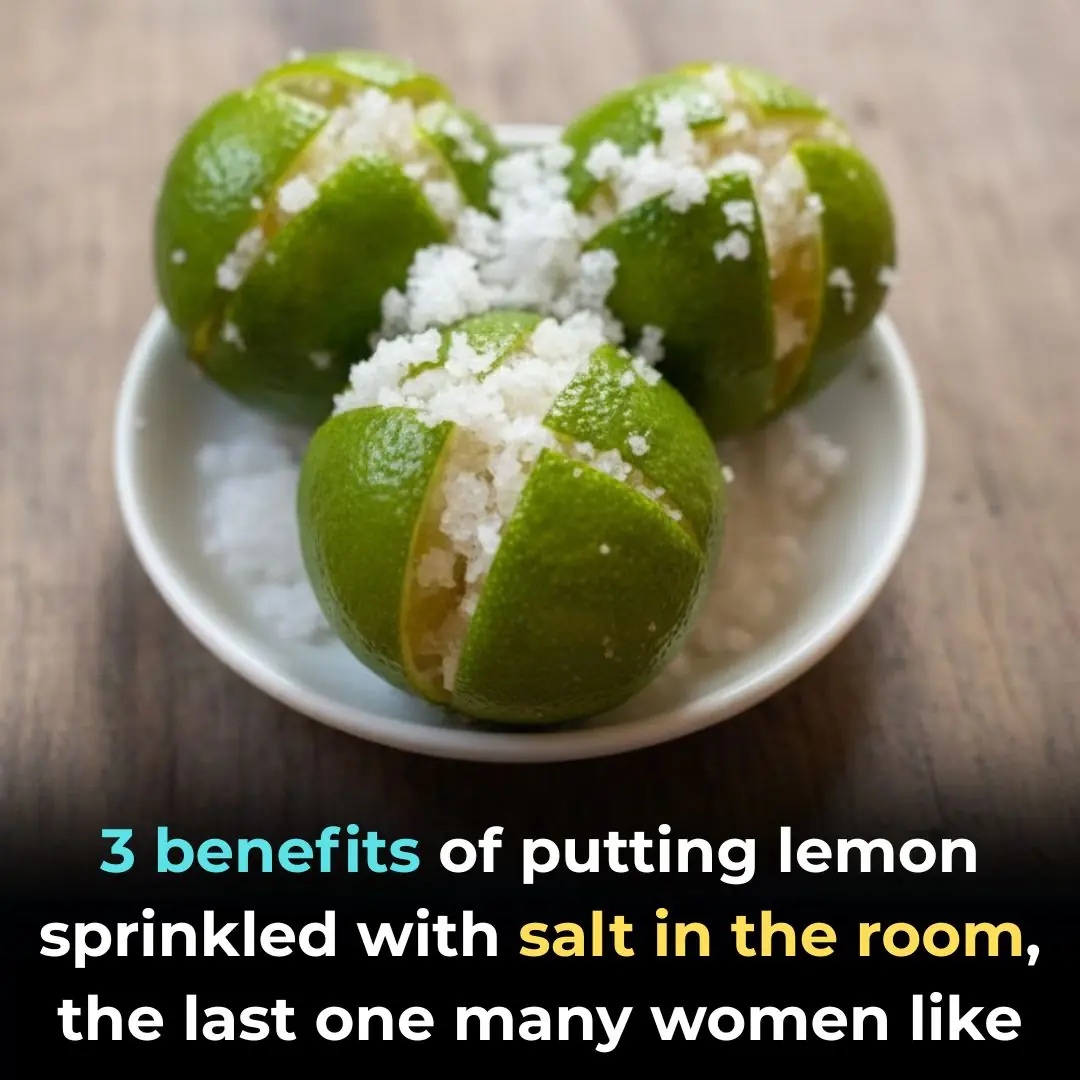
3 benefits of putting lemon sprinkled with salt in the room, the last one many women like

Experience in growing tomatoes in pots with lots of fruit, plant one plant and eat all year round, no need to buy

After boiling the chicken, do this step: The chicken will have golden brown, crispy skin, and will be delicious to eat.

Want to eat ripe jackfruit, don't 'absorb' chemicals, go to the market and choose this way
News Post

A Miracle in the Making: Baby Harlan’s Fight for Life

From Tragedy to Triumph: The Unbreakable Spirit of Janey Carter

A Battle of the Wild: The Confrontation Between a Raging Elephant and a Baby Hippo

7 Heart-Healing Foods Your Cardiologist Won’t Tell You About

Never Clean Your Light Switch with Water: Here’s a Trick to Make It Spotless

Bad Habits After Doing Laundry That Can Make Your Whole Family Sick! Many People Overlook This Detail

Don’t Throw Away Your Used Balm Jar – Here’s a Super Useful Way to Reuse It That Every Family Needs

A Small Button on Your Refrigerator Can Save You Millions on Electricity: Many People Don’t Know This

Why Do Flat Electrical Plugs Have Two Round Holes? The Hidden Purpose Is Brilliant

The Little Aluminum Ring on a Sausage Stick Has a Hidden Use — Few People Know Its Clever Purpose

Don’t Eat Tofu Right After Buying It — Freeze It First for a Magical Effect: You’ll Wish You Knew This Sooner

Pour This Liquid Into the Drain – The Unpleasant Odor in Your Bathroom Will Quickly Disappear
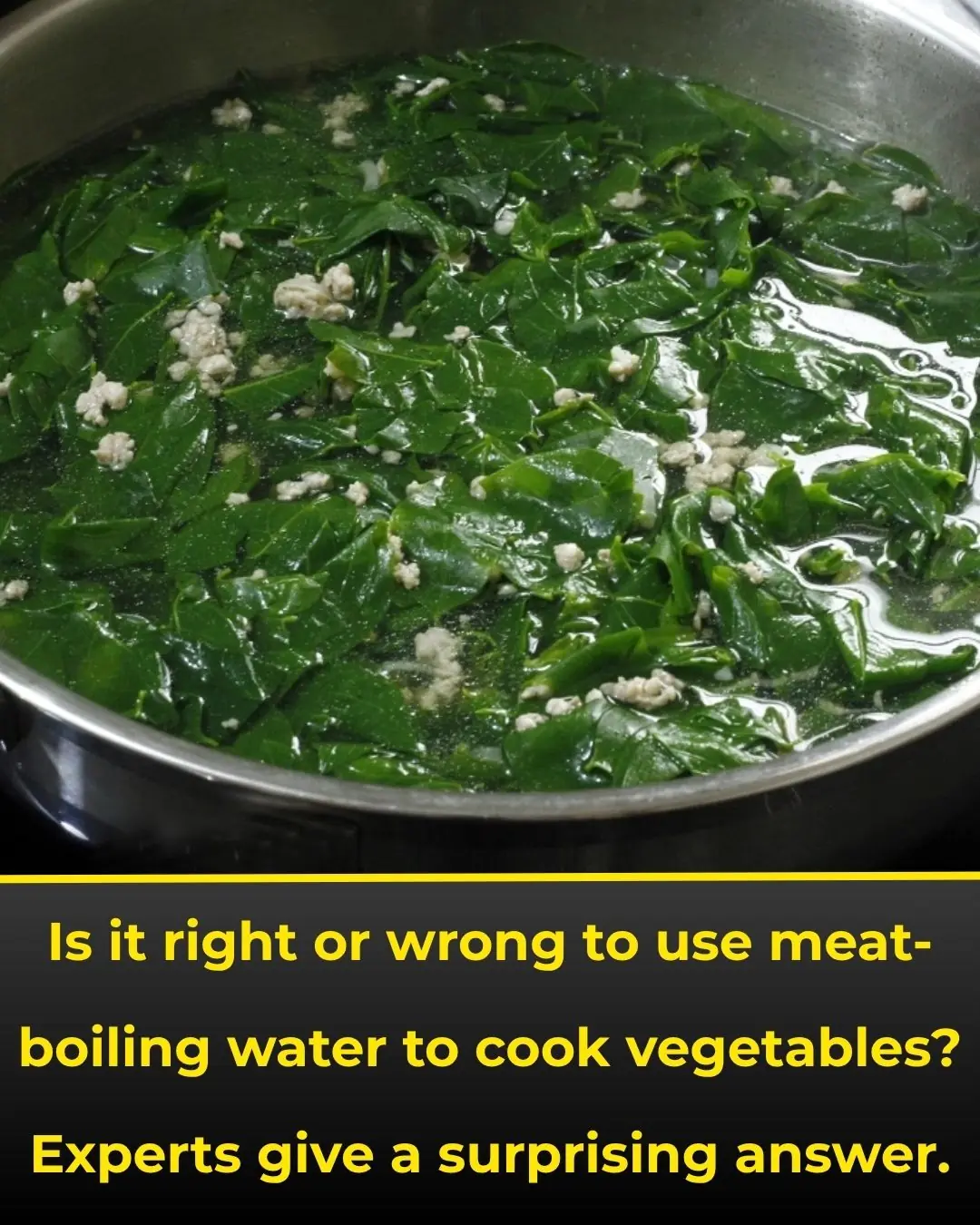
Is It Safe to Use Meat Broth for Cooking Vegetables? Nutrition Experts Give a Surprising Answer

8 Plants Snakes Hate: Grow These Around Your Home to Keep Them Away Naturally
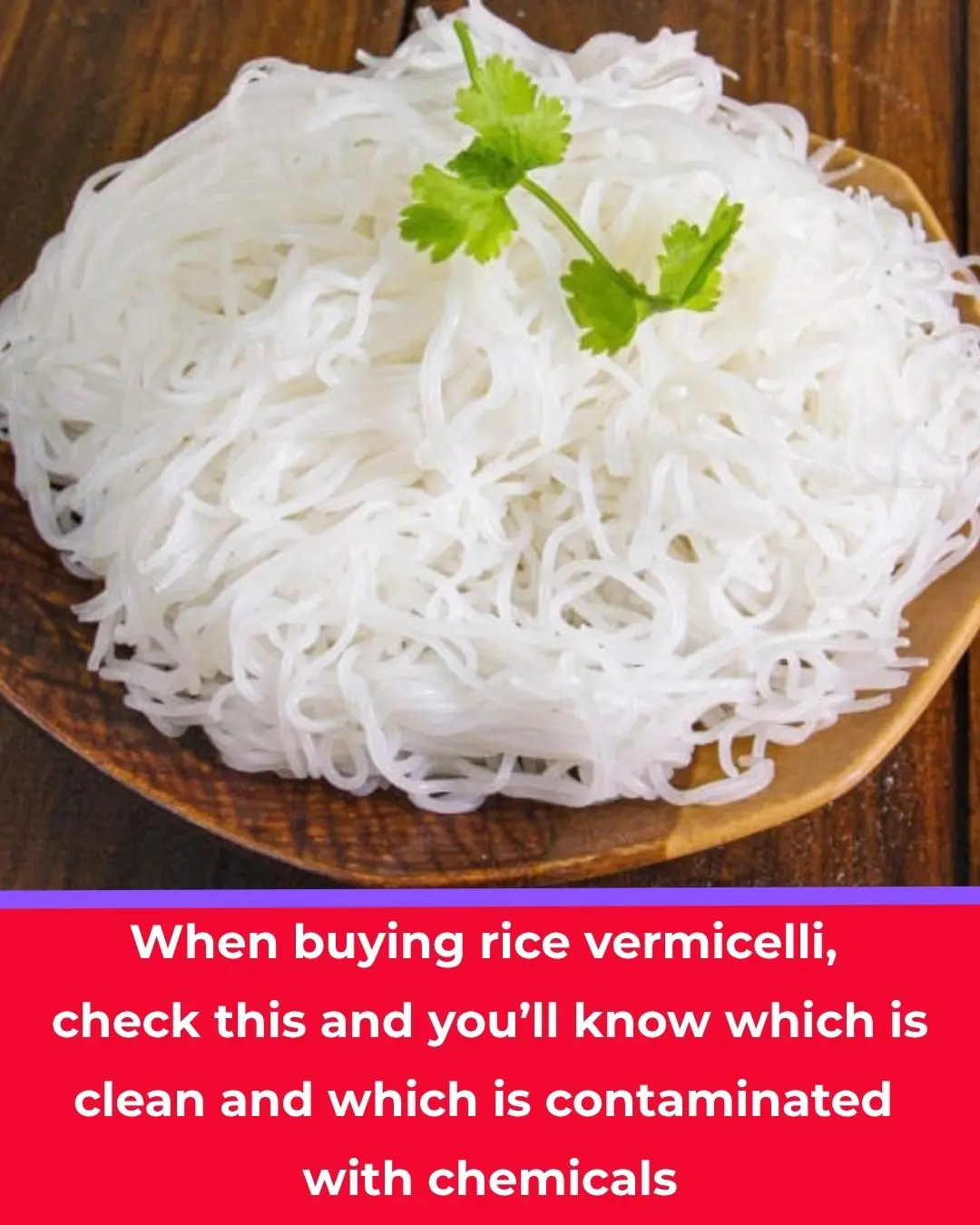
How to Tell If Your Rice Noodles Are Safe — The Simple Clue That Reveals Hidden Chemicals

The 3 Golden Times to Drink Green Tea — Boosting Both Health and Beauty

Get Rid of Termites in Wooden Doors Easily – Keep Your Wood Beautiful for 10 Years
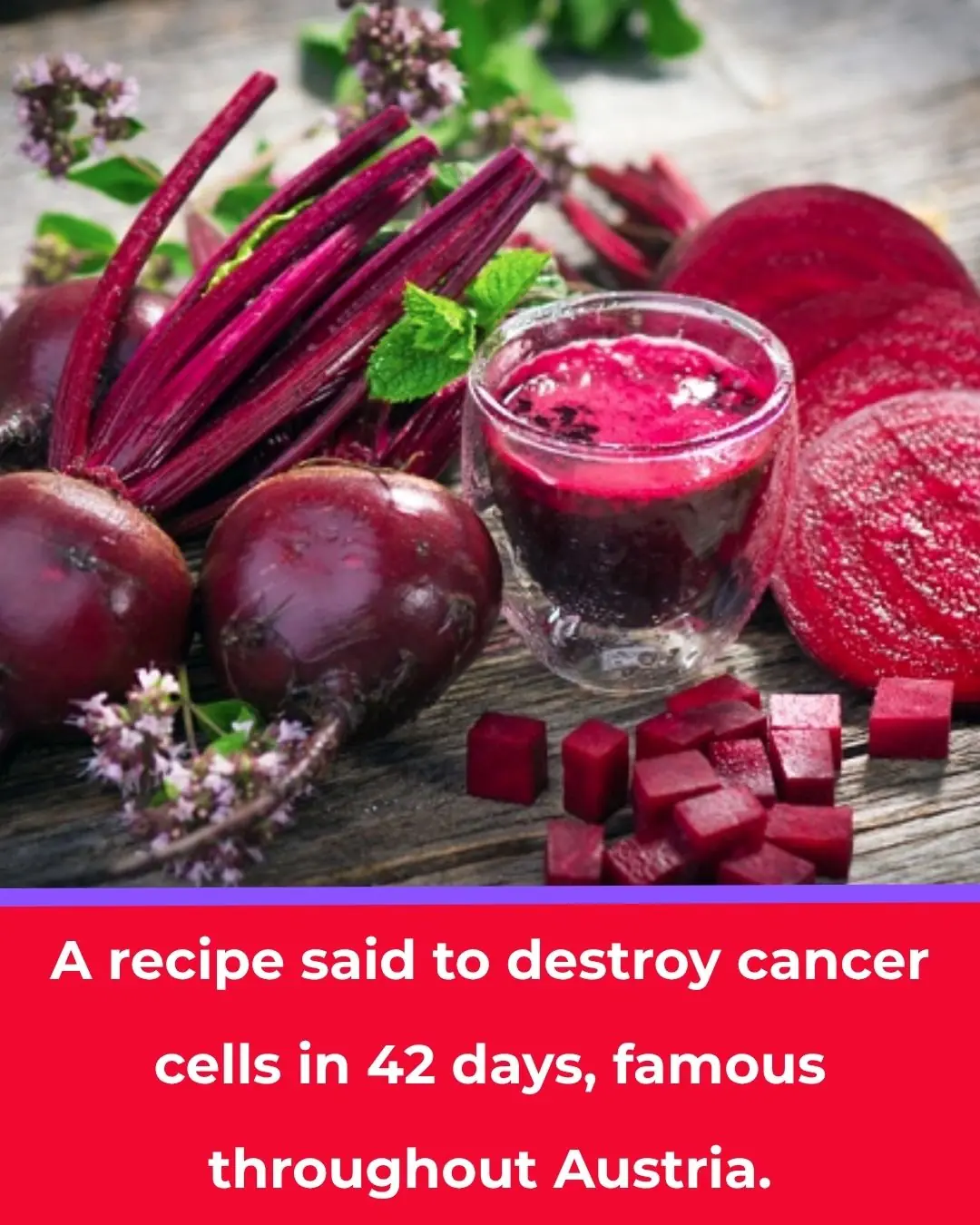
The Famous 42-Day “Breuss Juice” Diet from Austria: Origins, Recipe, and What Science Says

What you see reveals your personality
